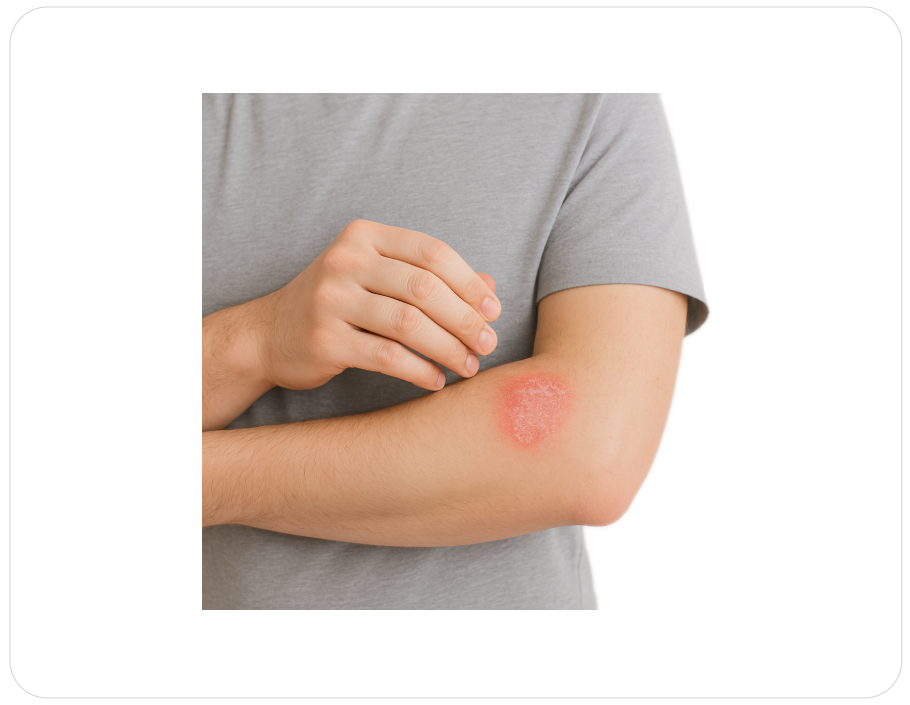
Psoriasis is a chronic autoimmune disease that speeds up the growth cycle of skin cells. This rapid turnover causes thick, red patches with silvery scales to appear on the skin. These patches can occur anywhere on the body, but are most common on the scalp, elbows, knees, and lower back.
The underlying cause of psoriasis involves a malfunction in the immune system, where T cells mistakenly attack healthy skin cells. This triggers inflammation and the overproduction of new skin cells. While the exact triggers for psoriasis aren’t fully understood, genetics play a significant role, and certain factors like stress, infections, and some medications can exacerbate symptoms.
Psoriasis is not contagious, but it can be itchy, painful, and have a significant impact on a person’s quality of life and self-esteem. The severity of psoriasis varies greatly from person to person, ranging from small, localized patches to widespread involvement. While there’s no cure for psoriasis, various treatments are available to help manage symptoms and control the condition. These include topical creams and ointments, phototherapy (light therapy), and systemic medications taken orally or by injection. The goal of treatment is to reduce inflammation, slow down skin cell production, and clear the skin.
